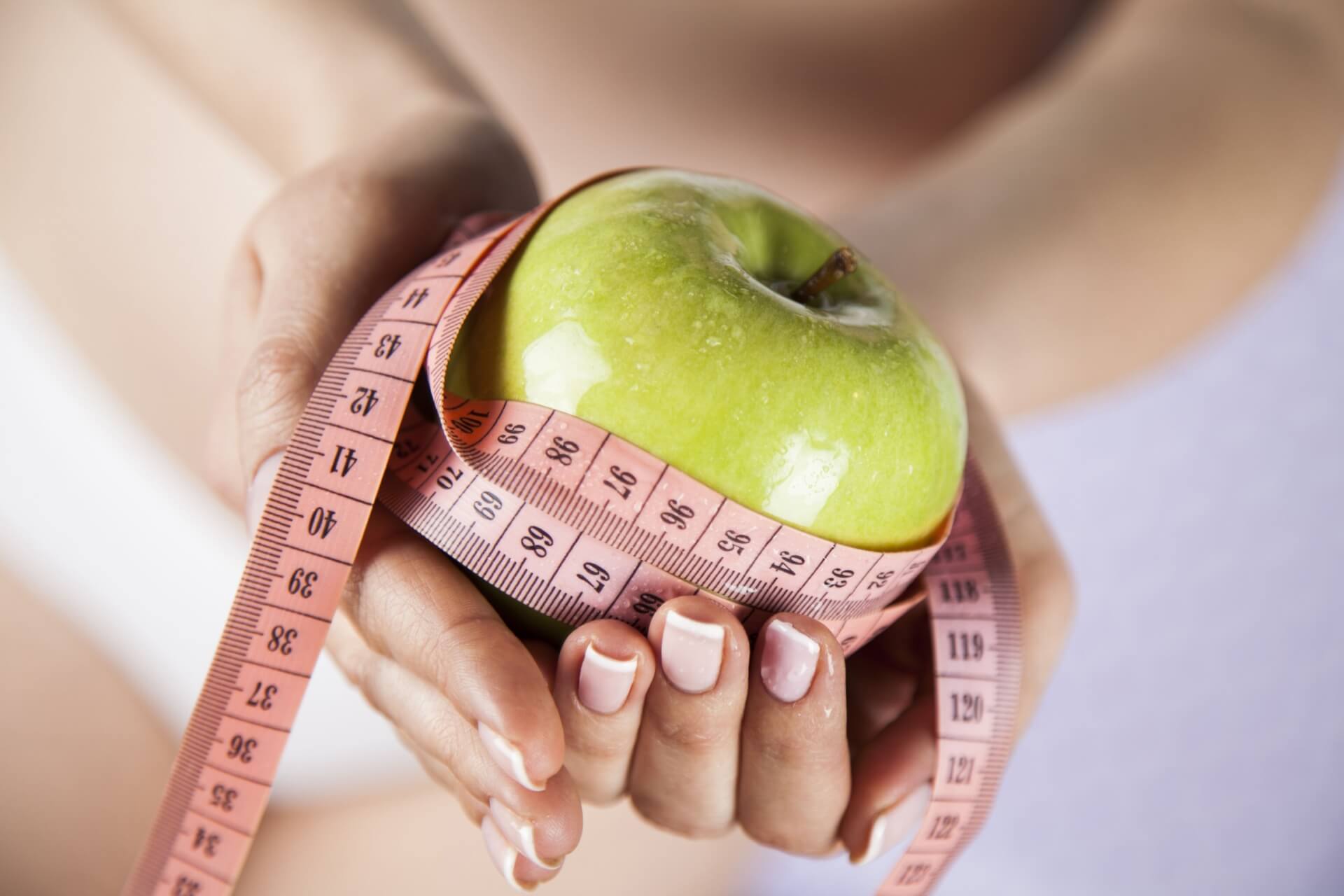Contents
- Introduction to postpartum recovery
- Impact of Giving Birth on the Body
- What Does Your Body Need After Giving Birth
- Importance of Vitamin D During Postpartum Recovery
By the Perdays Team
Introduction
The postpartum period begins immediately after childbirth and is generally considered to last for up to eight weeks. However, many researchers and healthcare professionals advise that this period is only complete when the body has more or less returned to its pre-pregnancy state. Postpartum care is a crucially important phase; as a mum, your physical and psychological well-being is directly linked to the health and development of your baby. In this blog, Perdays explores the postpartum period, the impact it can have on our minds and bodies, and the ways in which diet and supplementation can support recovery.
Impact of Giving Birth on the Body
Giving birth is a monumental moment in anyone’s life, however, the experience can be physically demanding and tends to deplete the body. While it is quite common to ensure proper recovery with the right prenatal and postpartum care, there are times when giving birth could lead to the following conditions:
- Key nutrient deficiencies caused by the demands of pregnancy and postpartum recovery
- Blood sugar fluctuations are a possible condition that can arise during and after pregnancy. However, it is considered manageable
- Other conditions such as low iron, Vitamin D deficiency and reduced immune system function are also possible during the postpartum period.
What Does Your Body Need After Giving Birth?
Successful recovery during the postpartum phase requires a holistic approach that prioritises diet, physical activity and rest for mum. There are many cardiovascular, renal and hormonal changes that may occur, however, post natal nutrition and supplementation are known to aid in recovery.
Your body needs plenty of water and a balanced, healthy diet that includes lean protein, fruits and vegetables, and whole grains. Physical activity is important, but should be introduced slowly, and gradually.
Don’t be afraid to ask for help, and allow yourself to be patient with your emotions. The postpartum period can be challenging in so many ways. If you feel sad, overwhelmed, anxious or stressed, talk to a friend, your partner or your healthcare provider, mental health support is so important after birth and there are many resources available to assist.
Importance of Vitamin D During Postpartum Recovery
Vitamin D plays a supportive role during postpartum recovery, contributing to overall health and well-being. After childbirth, the body undergoes significant changes, and maintaining adequate levels of vitamin D is important, while specific needs can vary, incorporating sources of vitamin D, such as sunlight, food, or supplements, can be beneficial for new mums as part of a balanced approach to recovery.
Natal Nutrition Specialists for Mothers in Australia
Get in touch with the team at Perdays for high-quality prenatal and postpartum care products developed using cutting-edge, research-backed data.
Always read the label and follow the directions for use. If symptoms persist consult your healthcare professional.
